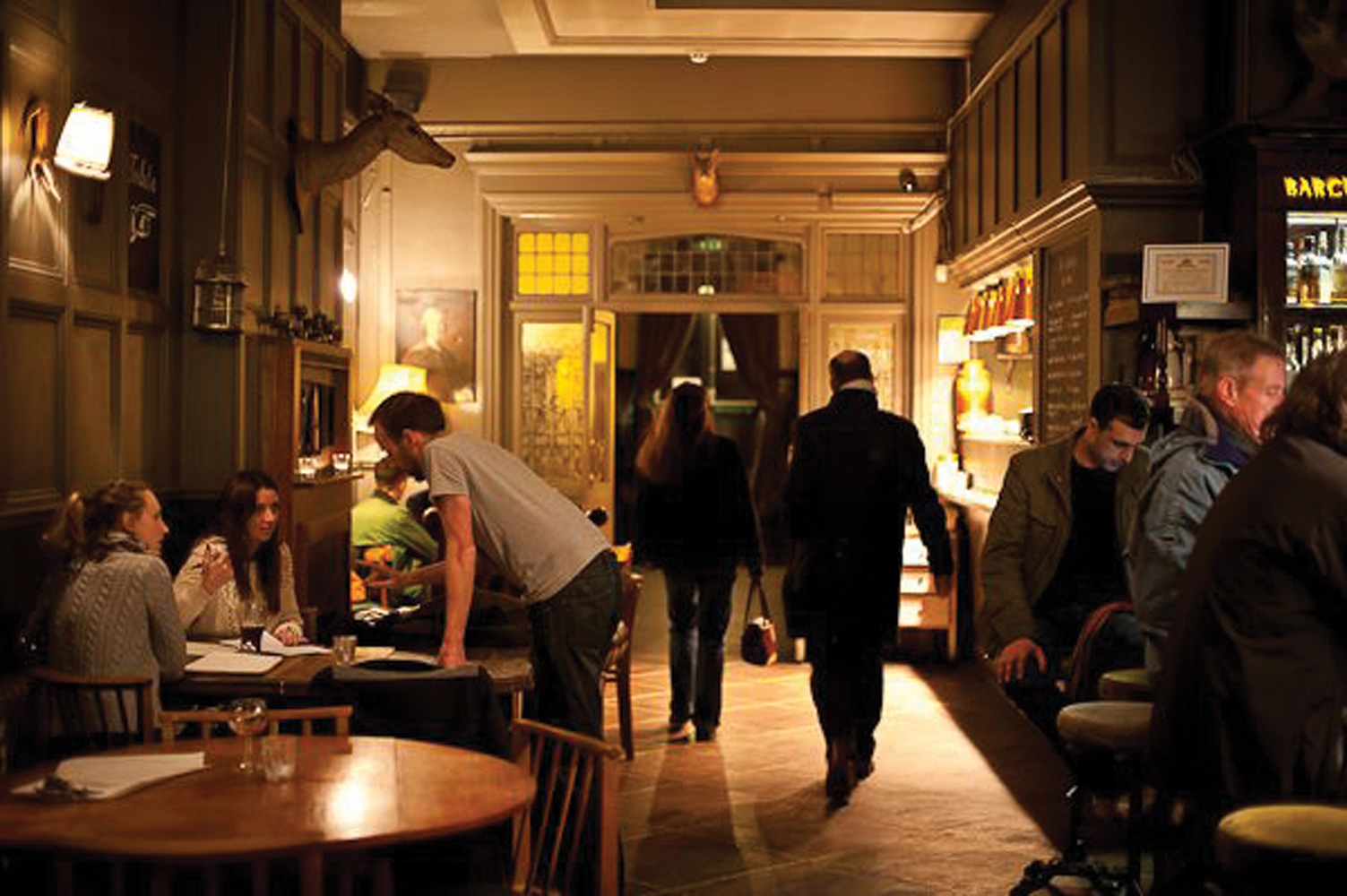Investing
How to profit from the British love of beer

Despite yearly rises in tax on alcohol, Brits are still taking to the pub in droves. Find out how investors can benefit.
The economic downturn has hit the leisure and hospitality sector hard. This has been particularly noticeable with pubs, as the government’s regular increases in alcohol duty and consumers’ reduced disposable income have both taken their toll on the sector.
Add to this fierce price competition from supermarkets, and the impact of the smoking ban – which turned much of the ‘old man’ client segment away – and it is no surprise that pub closure rates across the UK have picked up pace.
However, looking behind the headlines, it is clear that while times have been tough, one facet of British cultural life remains intact: we still like to drink.
Some larger pub operators have done well by scooping up custom from failed pubs and shares in Wetherspoon’s and Mitchells & Butlers have soared over the last year.
But for those looking for a tax-free way to invest in the sector, with potentially higher returns, there are a multitude of smaller pub companies backed by enterprise investment schemes (EIS).
The Downing Pub EIS invests in small pub chains across London and the East Midlands with a target market of young professionals aged 25-30.
Downing aims to pick pubs in areas that are undergoing gentrification, popular with workers priced out of more affluent neighbourhoods, but which lack a decent pub.
Areas where Downing has invested include London’s Balham and Crouch End. Pubs are often refurbished in a ‘shabby chic’ style and once the venue has grown in popularity, it will be sold on to a larger chain.
“The big pub companies do not have the nimbleness to support those new areas, but they will buy a pub off you when it is established,” said Steven Kenee, investment director at Downing.
Many budding businessmen think that a long history of drinking in pubs is an appropriate qualification for running a pub, and consequently, Kenee said he is regularly approached by pub fans seeking a career change, although he prefers to partner with established publicans.
He acknowledged times have been “really hard” for the sector as a whole. However, widespread acceptance of the difficulties pubs have faced means premises now change hands at lower prices than ever.
In 2008, a pub would have sold for ten times annual earnings, whereas now that price has fallen to around seven times. For EIS investors confident in their manager’s ability to grow the pub’s profitability, this represents a significant opportunity, he said.
“The pub sector isn’t dead, particularly in London. People still want to socialise but people want value for money. That doesn’t mean cheap – Wetherspoon’s customers are going to be asking ‘how many pints can I get?’ Our target market wants everything you can’t get from a supermarket – good environment, range of ales, knowledgeable staff and quality food,” he explained.
While the downturn has squeezed discretionary spend, the last few years have seen growth in money spent on ‘little luxuries’ – so perfume, cosmetics, and upmarket food ranges have thrived.
This extends to the pub sector too, and Kenee said there had been a “huge explosion” of interest in draft beer and cask ales; products a supermarket finds harder to offer.
“It has been a saviour of the industry,” he said. “Whenever there is a recession, individual and artisan products come out. Consistency used to be the most important thing, now it is diversity and change.”
Pubs have also had to vastly improve their food offer, and the days of microwaved frozen meals are long gone.
“It is very hard to survive these days without a good food offer,” Kenee said. Food sales in pubs have now topped £7.5bn a year and are growing at an annual 4%, according to data from research house CGA.
Many have also sought to increase accessibility by moving into other kinds of food service, offering breakfast and coffees during the day alongside Sunday lunches and evening menus.
“One of the areas where we do see the sector changing is pubs becoming more like casual dining. Coffee, pizzas, these offerings are gaining more traction.”
Meanwhile, The City Pub Company operates EIS which invest in a slightly different way to Downing. City backs pubs in visitor-friendly towns and cities across south-east England, such as Cambridge, Oxford and Stratford-Upon-Avon.
These pubs aim at a middle ground, an “ageless and classless” pub that will appeal to “anyone from any sort of age group”, explained Clive Watson, chief executive of The City Pub Company.
“That is what the English pub was for a lot of people for a long time and that is what it is going back to,” he said. “There has been a dramatic change away from the old spit and sawdust pubs towards ones that are more accessible.”
Areas like Cambridge are home to a broad cross section of society, including academics, retail workers, tourists, locals and students.
“The trick is to build up a good chain of quality pubs in good locations which a regional brewer could add to his estate,” Watson added.